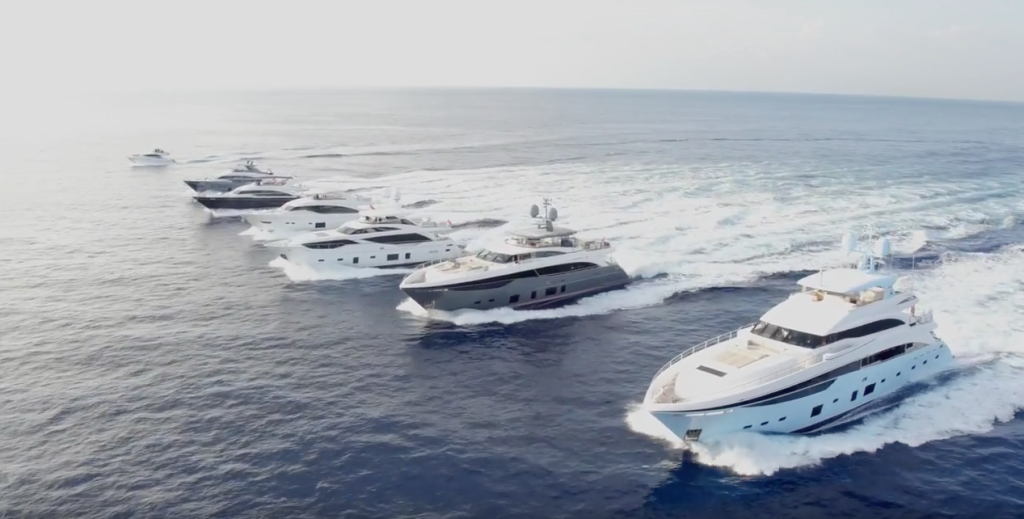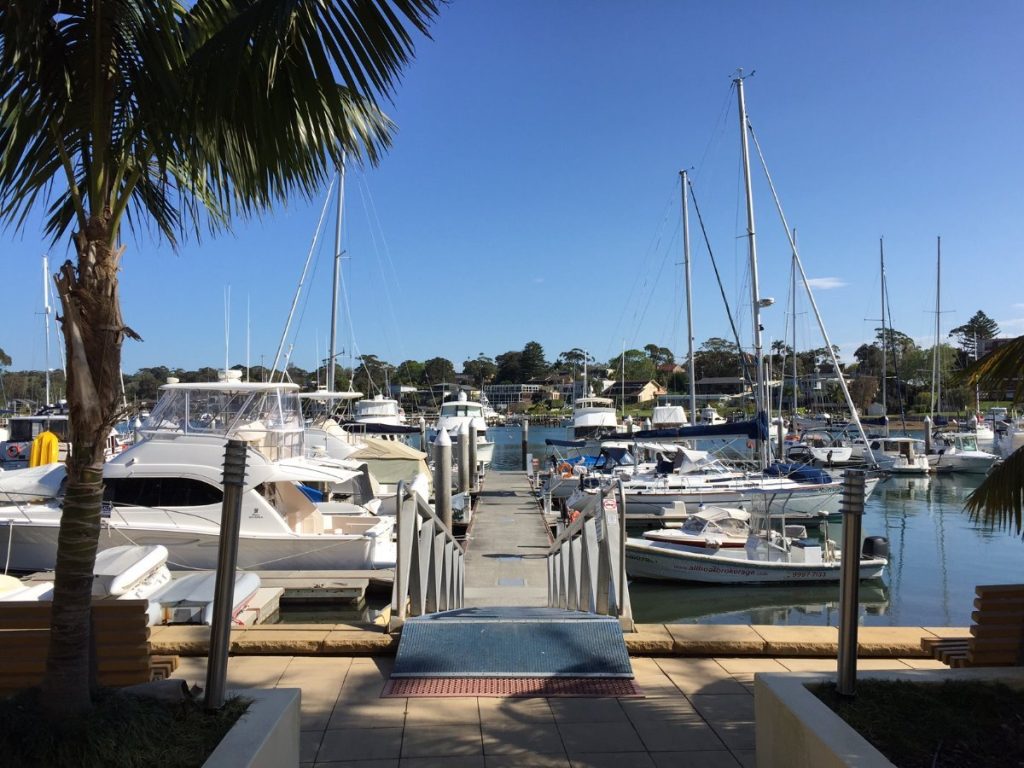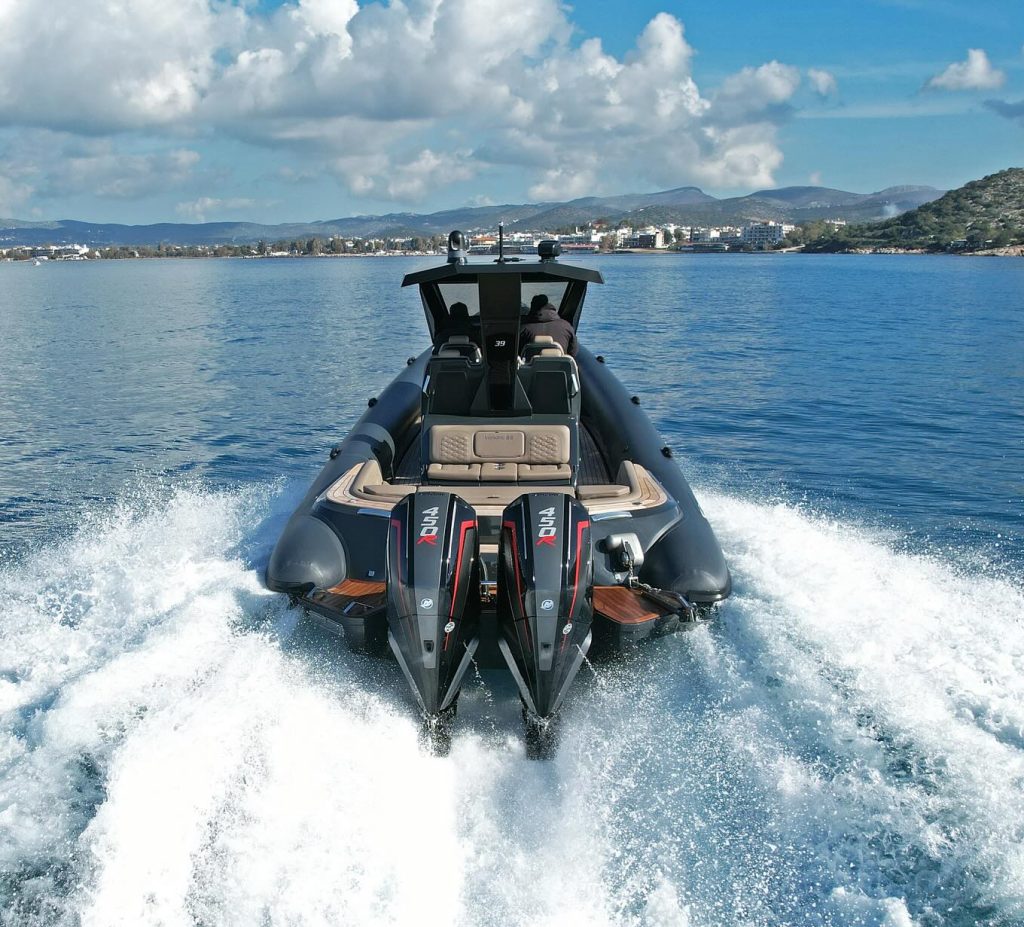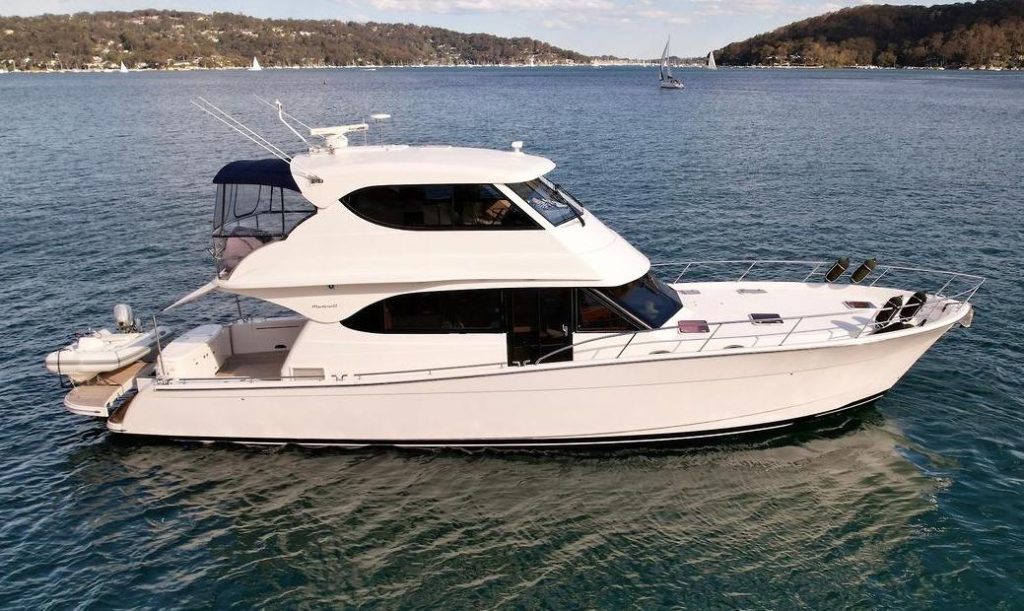Imagine yourself on a serene lake, with the morning sun glistening on the water’s surface. All you can hear is the gentle lapping of the waves against your boat’s hull, blending into the natural symphony around you. You can breathe in the fresh air as you glide along quietly, without any smelly fumes or loud engines. Sounds like a dream, right? Well, that’s what electric boats can give you.
Whether you’re looking to buy your first boat or upgrade your current one, we’re here to help you understand if electric motorboats are the future of boating or just a flash in the pan.
How Electric Motor Boats Work
Electric boat motors use electricity to turn a propeller and make the boat move. The electricity comes from batteries. Now, you can charge those batteries up in a few different ways. The most obvious is just plugging the boat into shore power when it’s docked. But you can also use solar panels on the boat itself, or even have a generator on board. And get this – the propeller can even generate electricity while the boat is moving, in a process called hydrogeneration.
Pros of Electric Motor Boats
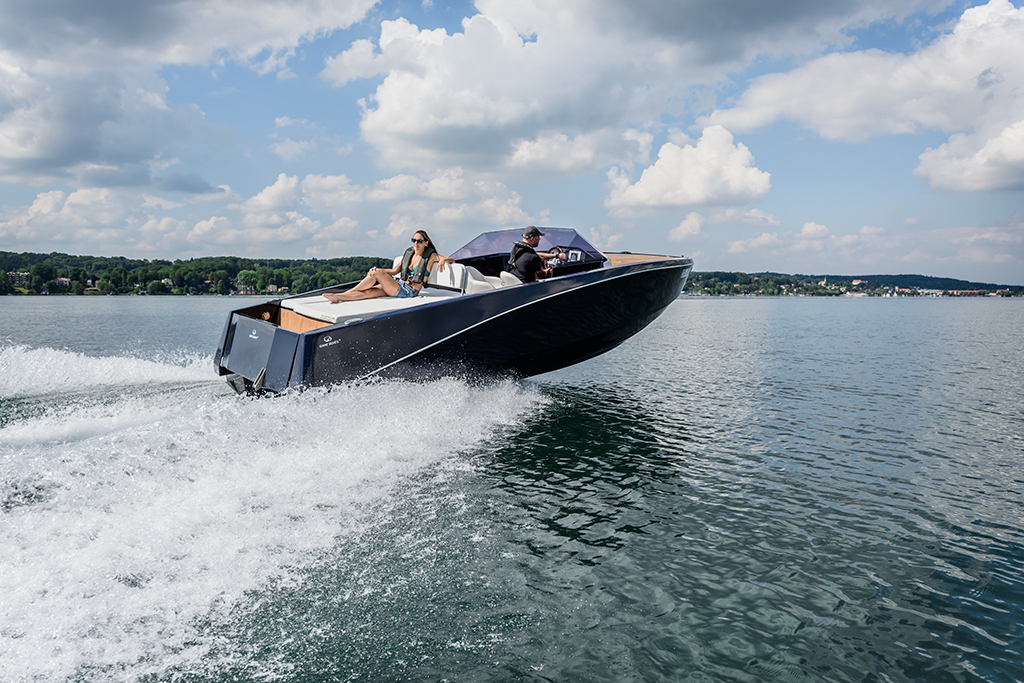
Peaceful Operation
Because electric boats do not have the loud internal combustion engines that traditional petrol or diesel powered boats have, their motors make about half the noise at normal speeds, and are nearly silent at slow speeds.
This quietness makes the overall boating experience better for everyone on the water and those living nearby. They also create less vibration, making for a smoother ride.
Environmentally Friendly
Electric motors produce zero exhaust emissions. They use clean, green electricity that’s good for the climate. This means they don’t release harmful things like CO2 or nitrogen oxides that pollute the air and endanger your health. And they don’t spill fuel, oil, or other messy stuff into the water, keeping it clean for marine environments.
Electric Motor Boats are Cost-Effective
Now, electric motors can be pricey upfront, but over time you end up saving a ton. Electricity is way cheaper than fuel, and you don’t have to worry about all that maintenance and repair stuff like you do with regular boat engines. Plus, a lot of places even offer discounts and deals if you go electric, so that helps offset the initial cost.
The smaller electric motors actually start out cheaper than conventional powered ones. But the bigger the battery you need, the more the whole setup’s gonna cost you. My advice? Really think about how much power you typically need and get a system that matches that – no need to pay for more than you actually need.
Cons of Electric Motor Boats
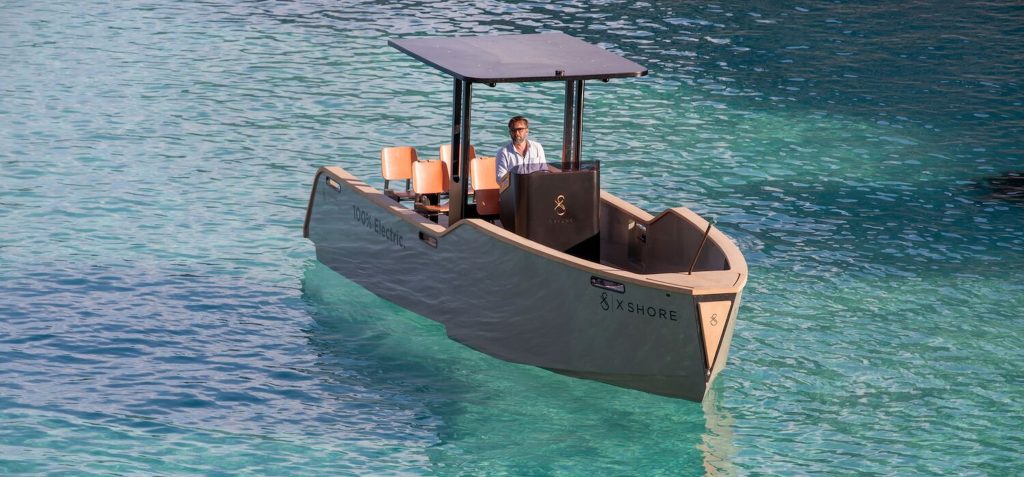
Less Powerful
Electric boat motors have come a long way, but they still can’t match the raw power of combustion engines, meaning you likely won’t get the same top-end speeds – something to consider if you’re into high-performance water sports or if you plan to be offshore, needless to say, if you are in strong swells power is essential for staying safe and controlling the vessel. However, for boating activities on gentle rivers and lakes, the reduced power is often not an issue, as electric motors still provide plenty of thrust.
Limited Charging Stations
The charging situation for electric boats is just a bit trickier than the good old fuel pumps that we’re used to. The charging infrastructure simply isn’t as built out yet, so you’ve really got to plan your trips carefully to make sure you’ve got access to the juice you need. But, I’m sure these kinds of infrastructure challenges will keep improving over time.
High Upfront Expense
Electric boats do tend to have a higher upfront cost, mainly due to the expense of the necessary lithium battery bank. However, by making that upfront investment, you end up saving a lot of money in the long run since you never have to buy fuel. It’s all about looking at the long-term benefits rather than just focusing on the initial price tag.
Long Charging Time
The recharge time for electric boats can be a real drawback – we’re talking up to 36 hours in some cases to fully top up the batteries. Now, the newer models are getting faster, but it still takes way longer than just filling up a fuel tank.
Limited Replacement Parts
One downside of electric boats is the hassle of finding replacement parts, especially if you’re not near shops with the right specialised marine mechanics, which can lead to longer downtime in case of repairs or maintenance. But as electric boats grow in popularity, more businesses are offering the motors, equipment, and other bits to keep these vessels running.
Are you ready to make the switch?
So there you have it – the pros and cons of making the switch to an electric boat. As battery technology continues to improve and charging infrastructure expands, these clean, quiet rides are becoming an increasingly practical option for eco-conscious boaters. Whether an electric model is the right choice for you, it really comes down to your specific needs and priorities on the water.
If you can adapt to the current limitations around the range, power and charging times, and you’re willing to make the higher upfront investment, then an electric boat could be the perfect fit. But if those tradeoffs just don’t work with your boating lifestyle, then it might be worth waiting a bit longer until the technology evolves even further. Either way, it’s an exciting time to be a boater focused on reducing your environmental impact. The future of electric boats is looking brighter by the day!

